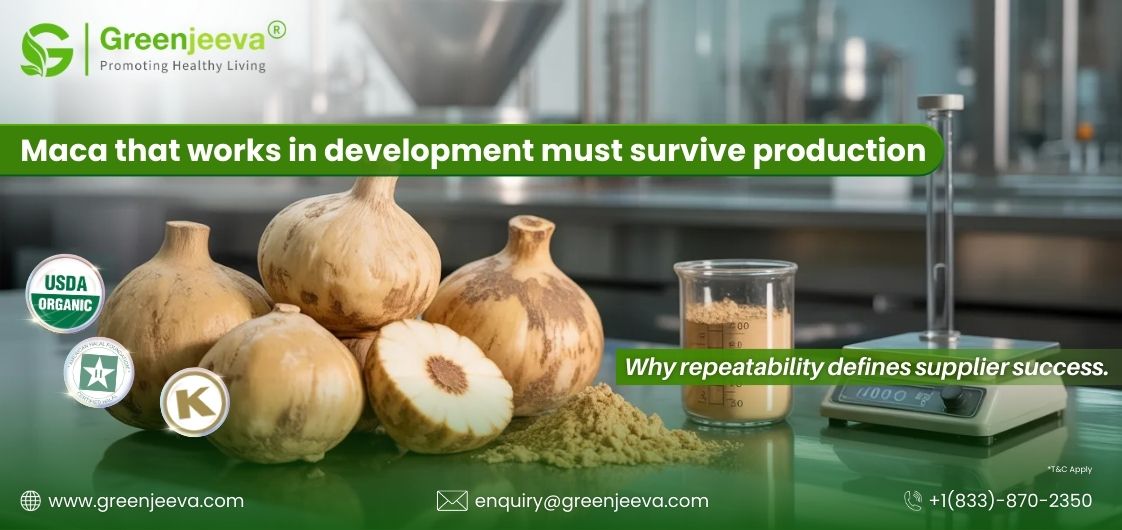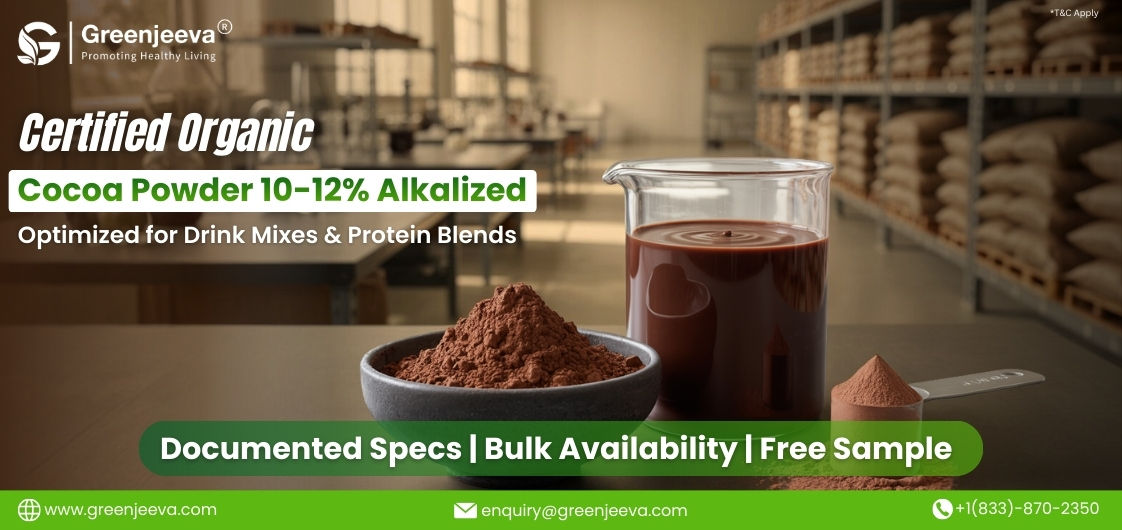Embracing the Power of Natural Fat Sources: Revolutionizing Food and Beverage Products

In today's health-conscious world, consumers demand natural and healthier fat options in their food and beverage choices. Meeting these preferences is vital for businesses in the industry to stay competitive and meet customer needs.
The Trend Towards Natural and Healthier Fats
There has been a notable shift in consumer preferences towards natural fat sources. People are becoming more aware of the potential health risks associated with artificial and processed fats, leading them to seek healthier alternatives. Natural fats offer many benefits, including improved flavor, better nutritional profiles, and a clean label appeal.
Applications and Versatility
Natural fat sources display remarkable versatility in various food and beverage products. From enhancing the richness and moistness of baked goods to providing a satisfying snack crunch and adding depth to seasonings, these fats can elevate the taste and texture of a wide range of culinary creations.
Unveiling the Nutritional Benefits
One of the significant advantages of natural fat sources is their nutritional value. They contain essential fatty acids and vitamins that are beneficial for health. By incorporating these fats into food and beverages, businesses can offer products that contribute to a balanced diet and provide consumers with the necessary nutrients.
Exploring More Natural Fat Sources: Expand Your Options
Here are some raw ingredients used as natural fat sources in food and beverage products:
Coconut Oil: Known for its high saturated fat content, coconut oil is often used in baking, cooking, and snack products. It provides a rich flavor and texture.
Avocado Oil: Rich in healthy monounsaturated fats, avocado oil is a popular choice for dressings, dips, and snack products. It adds a creamy texture and mild flavor.
Olive Oil: Another source of monounsaturated fats, olive oil is used in salad dressings, marinades, and sauces. It adds a distinct and flavorful taste.
Almond Butter: Made from ground almonds, almond butter is a nutritious and creamy fat source. It is used in spreads, baking recipes, and snack bars.
Cashew Butter: Like almond butter, cashew butter provides a creamy and rich fat source. It is used in spreads, sauces, and baked goods.
Peanut Butter: A classic and versatile fat source, peanut butter is used in various food products, including sandwiches, cookies, and sauces.
Ghee: Clarified butter, or ghee, is used in Indian cuisine and provides a rich and nutty flavor. It is used in cooking, baking, and sauces.
Sesame Oil: With a distinct nutty flavor, sesame oil is often used in Asian cooking, dressings, and marinades. It adds a unique taste to the products.
Sunflower Seed Butter: Made from roasted sunflower seeds, and offers a nutty flavor and smooth texture. It is used as a spread and in baked goods.
Cocoa Butter: Derived from cocoa beans, cocoa butter is a natural fat used in chocolate production. It provides a smooth and velvety texture.
These raw ingredients offer various flavors, textures, and nutritional benefits, making them popular as natural fat sources in food and beverage products."
Sourcing High-Quality Ingredients
Sourcing high-quality natural fat sources is essential to ensure product excellence. Businesses should focus on sustainable and ethical sourcing practices to align with consumer values. Partnering with reliable suppliers who are committed to quality can guarantee consistent access to premium ingredients.
Industry Trends and Consumer Demands
The food and beverage industry is witnessing several trends related to natural fats. Consumers favor products with clean labels and recognizable ingredients. They are also seeking healthier options that align with their dietary goals. Successful product innovations incorporating natural fat sources have gained popularity among health-conscious consumers.
Best Practices for Product Formulation
Incorporating natural fats into product formulations requires careful consideration and experimentation. Businesses should explore different combinations and ratios to achieve desired flavors and textures. Recipe optimization and fine-tuning are essential to strike the perfect balance and create products that resonate with consumer preferences.
Conclusion
Embracing the benefits and applications of natural fat sources is a strategic move for businesses in the food and beverage industry. By meeting the growing demand for natural and healthier products, companies can gain a competitive edge and cater to the evolving preferences of health-conscious consumers.
By understanding the versatility, nutritional benefits, sourcing practices, industry trends, and formulation of best practices, businesses can revolutionize their offerings and create innovative, consumer-centric products that meet the market's demands. Embrace the power of natural fat sources and embark on a journey of delivering healthier and more appealing food and beverage options to consumers worldwide.
Disclaimer:
***These statements have not been evaluated by the Food and Drug Administration. This product is not intended to diagnose, treat, cure, or prevent any disease.***


.jpg)



